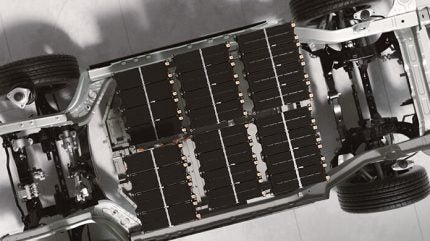
The Indonesian government announced it plans to offer higher incentives for locally-produced battery electric vehicles (BEVs) with high levels of local content, referred to locally as TKDN.
The country’s Minister of Investment and Downstreaming, Rosan Roeslani, confirmed this week that the government will introduce progressive incentive system that will favour locally-made BEVs with a higher content of local parts and materials, saying: “The concept will be changed, with a higher TKDN, we will provide a greater incentive. So, we are going to take a more positive approach to TKDN going forward.”

Discover B2B Marketing That Performs
Combine business intelligence and editorial excellence to reach engaged professionals across 36 leading media platforms.
The move follows the decision last month by South Korea’s LG Group to withdraw from a KRW 11 trillion (US$ 7.7 billion) consortium that aimed to establish an electric vehicle (EV) battery materials supply chain in Indonesia, reflecting weaker than expected global demand for BEVs.
The announcement came as the country’s first domestically branded BEV, the locally-assembled Polytron G3, was launched in the market.
The minister also pointed out that in order to meet the government’s ambitious BEV production targets, a strong and capable BEV ecosystem is needed, including supply chains and charging stations. To help speed up the roll out of BEV charging networks in the country, Mr Roeslani confirmed that the government has decided to allow third party companies (other than the PLN national electricity company) to directly invest in charging networks, saying “we have revised one of the government regulations on how charging stations can be carried out by third parties so that it can spread quickly throughout Indonesia.”






